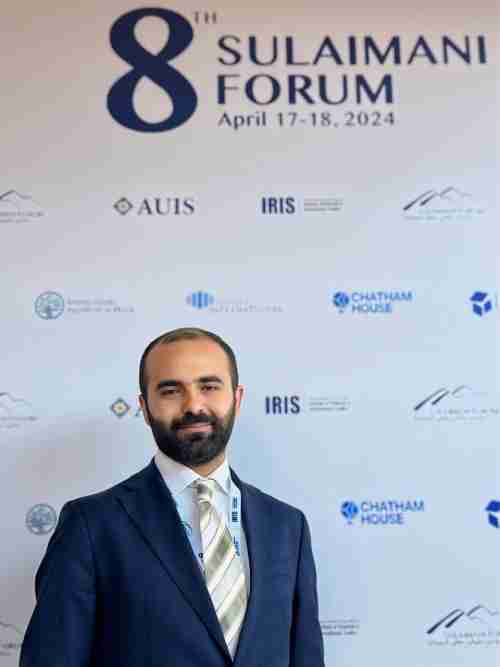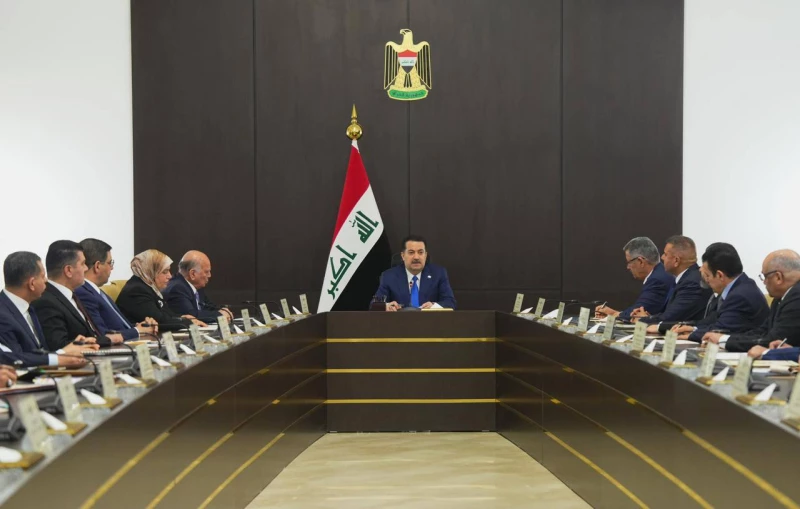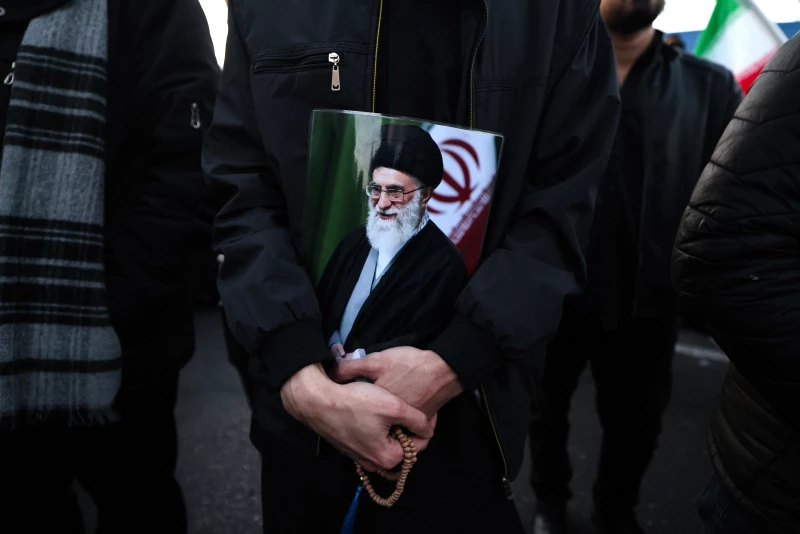ERBIL, Kurdistan Region of Iraq - The Rafidain Bank has recently sent a notice to its customers stating that, based on directives from the Central Bank of Iraq, customers must provide the bank with a valid passport through the Qi Services application before March 7 of this year. This is to ensure the continued use of Mastercard and Visa cards for international transactions outside the country, including purchases, electronic payments at points of sale, and cash withdrawals. The bank warned that failure to update these details would limit services to domestic transactions within Iraq only.
This measure coincides with a call from Republican Congressman Joe Wilson, who recently urged the US Treasury Department, via a post on his X account, to impose sanctions on Iraq’s state-owned Rafidain Bank. He alleged that the bank is “smuggling vast sums of money to Iran.”
A few days ago, Wilson stated, “Max pressure on Iran means max pressure on Iraq.” Wilson wrote. “Start with Rafidain Bank, and stop letting Iraqi militias and the Iranian regime to smuggle $500-600M a month from Iraq’s biggest bank. Trump will fix it.” He called the US Treasury to take action.
Parliamentary Finance Committee "unaware" and requests inquiry
On Sunday, Iraq’s Parliamentary Finance Committee demanded clarification from Rafidain Bank and Mastercard regarding the reason behind requiring a passport for international electronic payments. The committee admitted that it "does not know" the reason for this new requirement.
“The request for a passport from Mastercard holders for electronic payments is unclear, and we do not know the reasons behind it, especially since this requirement is new and was never requested before,” Committee member Moein al-Kadhimi told The New Region.
According to Kadhimi, a parliamentary inquiry will be submitted to uncover the reasons behind this measure and whether it is linked to concerns over potential US sanctions.
He added that "various electronic payment companies must be transparent and clear with their customers. There should be no ambiguity in such dealings, as it affects their reputation and raises concerns among citizens, especially amid media reports warning of impending US sanctions on Rafidain Bank or other state banks.”
Rafidain recognizes the risks of US actions
However, financial expert Nasser al-Kinani believes that banks require customers to provide passports when using Mastercard and Visa Cards in international transactions because they are responding to external pressures.
Speaking to The New Region, Kinani explained that “this move follows extensive US scrutiny and oversight of the Iraqi banking system, as well as monitoring of electronic payment companies, which many have used to smuggle currency and money abroad through various means.”
He added, “Iraq’s banking system has realized the severity of upcoming US actions and is now tightening controls on all currency smuggling channels. Mastercard’s decision was made at the request of the Central Bank of Iraq.”
According to the financial expert, “money is being smuggled through these cards in various countries. Therefore, we expect further measures in the coming days to curb currency smuggling through all available means.”
The Risk of US Sanctions Under Trump
With Donald Trump potentially returning to the White House, politicians and experts warn of the severe consequences of US sanctions on Iraq’s banking system, particularly Rafidain Bank. They argue that Iraq could face “catastrophic results” if such sanctions are imposed.
These concerns intensified after a leaked memorandum from the US presidency emphasized tightening the financial blockade on Iran. This was followed by calls from US politicians to halt funding to Iraqi entities and impose sanctions on banks, especially Rafidain Bank, which a US congressman accused of facilitating money transfers to Iran and allied armed groups.
In a previous statement to The New Region, parliamentary finance committee member Mustafa al-Karaawi warned that “Iraq’s economic and financial situation could collapse if the US imposes sanctions on its banking system. The consequences would be truly catastrophic.”
Last week, the White House published a presidential memorandum on US national security, which included measures to tighten sanctions on Iran. The document instructed officials to “maintain countermeasures against Iran under the Financial Action Task Force, assess ownership thresholds to ensure Iran is deprived of all potential illicit revenue, and evaluate whether financial institutions should adopt a 'Know Your Customer’s Customer' standard for Iran-related transactions to further prevent sanctions evasion.”
Additionally, the memorandum called for “immediate steps, in coordination with the Treasury Secretary and other relevant agencies, to ensure Iran does not use the Iraqi financial system to evade sanctions or circumvent them, and to prevent Gulf countries from serving as a financial conduit for Iran.”



 Facebook
Facebook
 LinkedIn
LinkedIn
 Telegram
Telegram
 X
X


